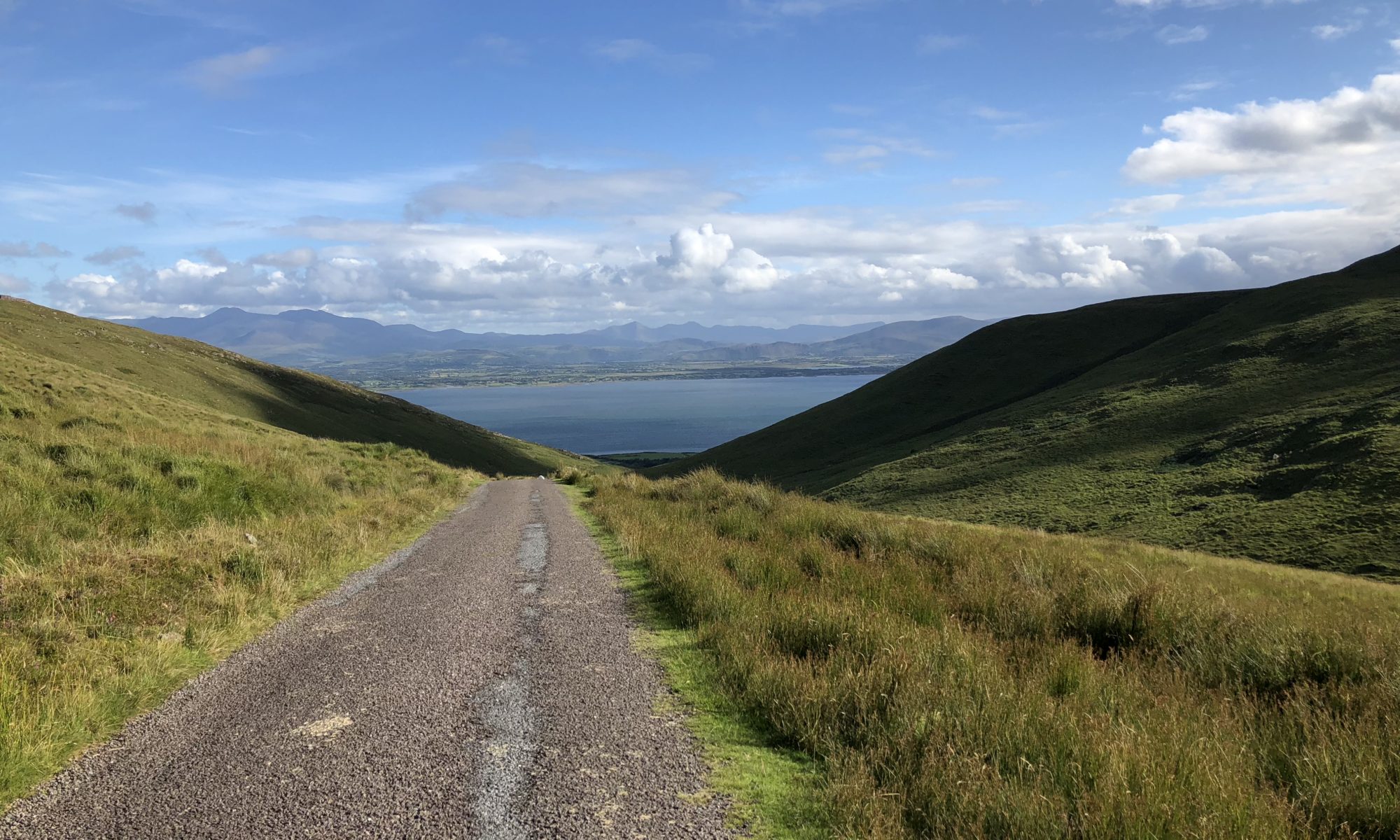I had a call today that irritated me. We were talking about various things and at one point the person made the comment, “Truth is relative.”
I wanted to scream, “No it isn’t!” but I am trying really hard not to interrupt people. Still, as the conversation went on, I could tell that the person on the other end of the call was serious. Truth, to my colleague, is what you believe it to be – and if my truth is different than your truth – then we just have to live and let live.
All I could think about was if this guy’s house was on fire and I told him, as the flames licked through the windows, “I don’t believe that’s fire.” I wonder how he would react. Having an opinion is fine in this house, even welcomed. You can tell me that you don’t like something or you would rather watch another show or play a different game. But there is also truth in this house. We believe in right and wrong. We live according to a creed. You are not allowed, in this house, to make up your own truth because you no longer want to live by the one that existed five minutes ago.
Oh, if I ruled the world….
Actually, that’s a really bad idea.
What does this have to do with walking on water? Well, in my irritation with my phone call, I went back to the readings for the day. I suppose it’s a good thing that a conversation about truth led me back to Scripture.
Looking at today’s Gospel readings had me searching through the archives of this blog when it appeared in another form. I love the reading about walking on water (Mt 14). It puts me in the mood for impossible things.
I can imagine the storm, the darkness, and the fear. I can imagine what it must have been like to feel alone, wondering if anyone would help as the waves got bigger and I feel smaller. It’s like that feeling you get when you are in bed and you swear you hear a noise…and you freeze. It gives me chills just thinking about it.
Then Jesus comes along – wait, is that Jesus? Sometimes I don’t recognize Him. Is He in a boat? Or are we that close to shore? No, wait. He is walking on the water. Holy cow. It’s like He is stepping on stones as he comes closer and closer.
Then Peter, that rock, that steady but sometimes dim witted leader, says something to Jesus and Jesus responds. What are they talking about? Then Pete hops out of the boat and starts walking on the water too. This is incredible. I forget about the storm. I forget about my fear. I am watching the impossible; or rather two men doing the impossible.
Suddenly Peter begins sinking. What did he say? He must have called out, because Jesus reached after him and brought him to safety, but he had that look on his face, Jesus did…that look that says, “Why do you persist in your unbelief? Why are you so hard hearted?” I’ve seen that look before.
Later Jesus is asleep and the others are giving Peter a hard time. He did, after all, lose faith and start to sink. If it weren’t for Jesus he probably would have drowned.
Peter takes it all in stride. He just listens for a bit and then starts to smile. It’s a smile that comes from knowing the Truth.
“Three steps,” he says, and the others are silent.
“Three steps,” he repeats. That is not just his truth, it is truth. He walked. He doubted. He was saved. Sometimes in life there are simple unarguable truths and just because we don’t like them doesn’t make them any less true.
The implication is clear: How many steps did you take on the water? I may have started sinking, but I took three more steps than the rest of you…
He is right. He speaks the truth. And the rest of us doubters are well-rebuked.
The Truth will be all around me this week and in many cases, I probably won’t recognize it. I am often distracted by life.
“Three steps,” I say to myself.
How many steps will you take this week? What truth will you live?
